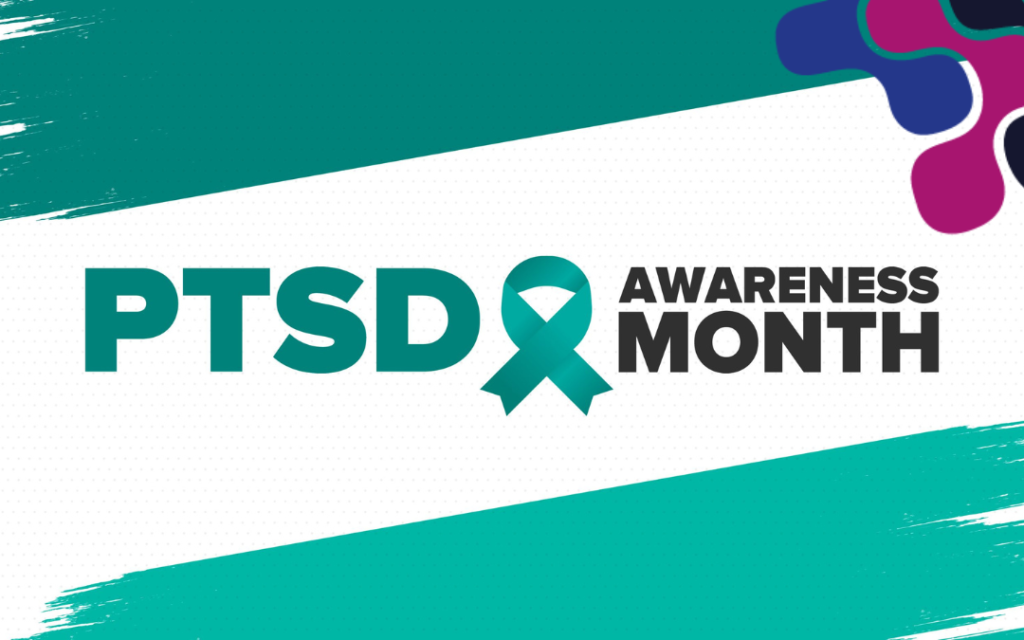Post-Traumatic Stress Disorder (PTSD) is a mental health condition that can dramatically influence many aspects of daily life and personal relationships. The challenges stem from intrusive symptoms, avoidance behaviors, and heightened emotional states, which often make ordinary interactions or tasks overwhelming. Explore how PTSD impacts daily life and relationships, along with effective coping mechanisms to provide relief and support.
Key Symptoms of PTSD
Understanding the key symptoms of PTSD helps in recognizing its presence and addressing its effects. These symptoms can appear in different ways, often affecting an individual’s emotional and physical well-being. By identifying these core signs, individuals and their loved ones can take steps toward seeking support and treatment.
Intrusive Memories and Flashbacks
Individuals with PTSD often experience vivid flashbacks or intrusive memories that can disrupt daily tasks. These moments may be triggered by a smell, sound, or visual cue connected to the traumatic event. This constant resurfacing of distressing thoughts makes it difficult to maintain focus and productivity in both personal and professional environments.
Avoidance of Triggers
Avoidant behaviors are common among those with PTSD. They might steer clear of specific places, people, or activities associated with the trauma. Over time, this may lead to social isolation and reduced participation in day-to-day activities, limiting opportunities for personal growth and connection.
Negative Changes in Mood and Thought Patterns
PTSD often disrupts cognitive and emotional well-being. This might manifest as persistent feelings of guilt, anger, or shame, as well as difficulty trusting others. These shifts in thought patterns may strain relationships, making it harder to form and maintain meaningful connections.
Heightened Reactivity
Hypervigilance and exaggerated startle responses are hallmark symptoms of PTSD. Individuals may constantly scan their environment for potential threats, leading to heightened anxiety. This state of reactivity often results in poor sleep quality, irritability, and difficulty relaxing, all of which affect work-life balance and interpersonal interactions.
Impact on Relationships
PTSD can affect various aspects of relationships and social interactions. Here’s a breakdown of its impact and ways to address the challenges:
- Family Dynamics: PTSD can strain familial relationships due to misunderstandings, frustration, or miscommunication. Emotional unavailability or hyperreactivity may create tension among loved ones. Patient and family counseling sessions and structured family therapies can help restore trust and improve communication.
- Romantic Relationships: Romantic partners often face challenges like emotional withdrawal, intimacy issues, or conflict triggered by unresolved trauma. Couples therapy or support groups for partners can help rebuild connection and foster understanding.
- Social Isolation: Avoidant behaviors and heightened reactivity can make gatherings or casual hangouts overwhelming, leading to smaller social circles. Over time, feelings of loneliness and abandonment may worsen. Support groups, whether in-person or online, offer a safe space for social engagement without fear of judgment.
Coping Mechanisms and Resources
Mindfulness techniques like meditation and guided breathing may help manage intrusive thoughts and reduce stress, while therapy options such as CBT and EMDR are effective for PTSD treatment. Support groups provide a sense of community for shared challenges, and grounding exercises like sensory awareness can ease hypervigilance. Emerging treatments, including the stellate ganglion block (SGB), spinal cord stimulation, and regenerative medicine, are showing promise in addressing severe PTSD symptoms and chronic pain, aiming to improve both emotional and physical well-being.
Find Support for PTSD
PTSD’s effects on daily life and relationships are profound, affecting individuals’ ability to function and connect with others. Progress is achievable with the right combination of therapy, community support, and innovative medical interventions. Resources such as mindfulness techniques, structured support systems, and cutting-edge treatments like the stellate ganglion block are helping pave the way for sustainable recovery. If you or someone you know is navigating PTSD and its challenges, guidance is available.

